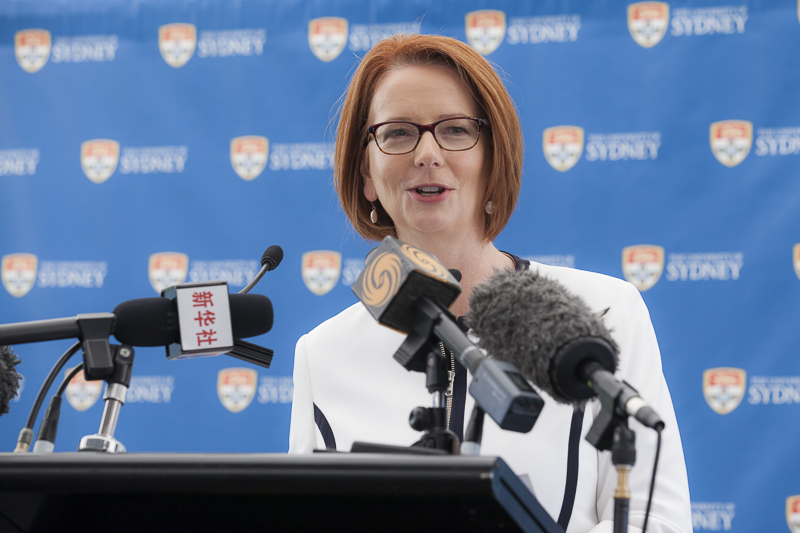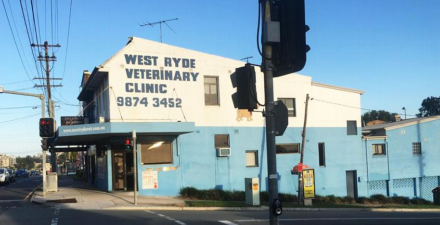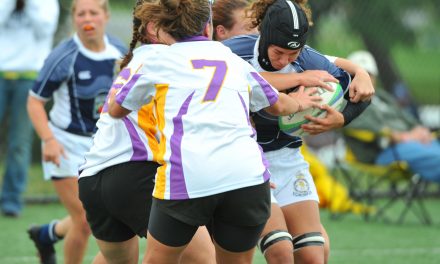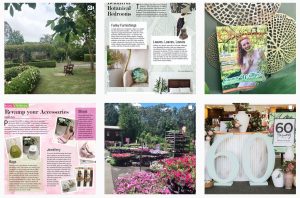New research suggests that the treatment of former Prime Minister, Julia Gillard, during her time in government has done little to encourage traditionalist women to enter politics.
The Sydney University study targeted men and women from all areas of the gender identity spectrum, asking respondents to describe how the events leading up to Gillard’s eponymous misogyny speech made them feel towards entering a career in politics.
Dr Christopher Hunt, lead author of the research from the University of Sydney’s School of Psychology, said that women who were already unlikely to put their hand up for a political career achieved no favours by the sexism shown during Gillard’s leadership.
“For women who hold traditional gender values – those who think that women should be modest, place their families before themselves and put a lot of importance in taking care of their home and their physical appearance – being reminded of Julia Gillard’s experiences made them want to avoid politics,” Dr Hunt said.
Statistics from the parliamentary library show that the involvement of women in Australian politics is at a UN-level bare minimum. According to a July paper published by political scientists Joy McCann and Janet Wilson, these statistics aren’t getting any better.
“Internationally, Australia’s ranking for women in national government continues to decline when compared with other countries,” state McCann and Wilson.
“Across Australia, women continue to be significantly under-represented in parliament and executive government, comprising less than one-third of all parliamentarians and one-fifth of all ministers.”
To access the Parliamentary library study, please click here. For the University of Sydney study, see here.












